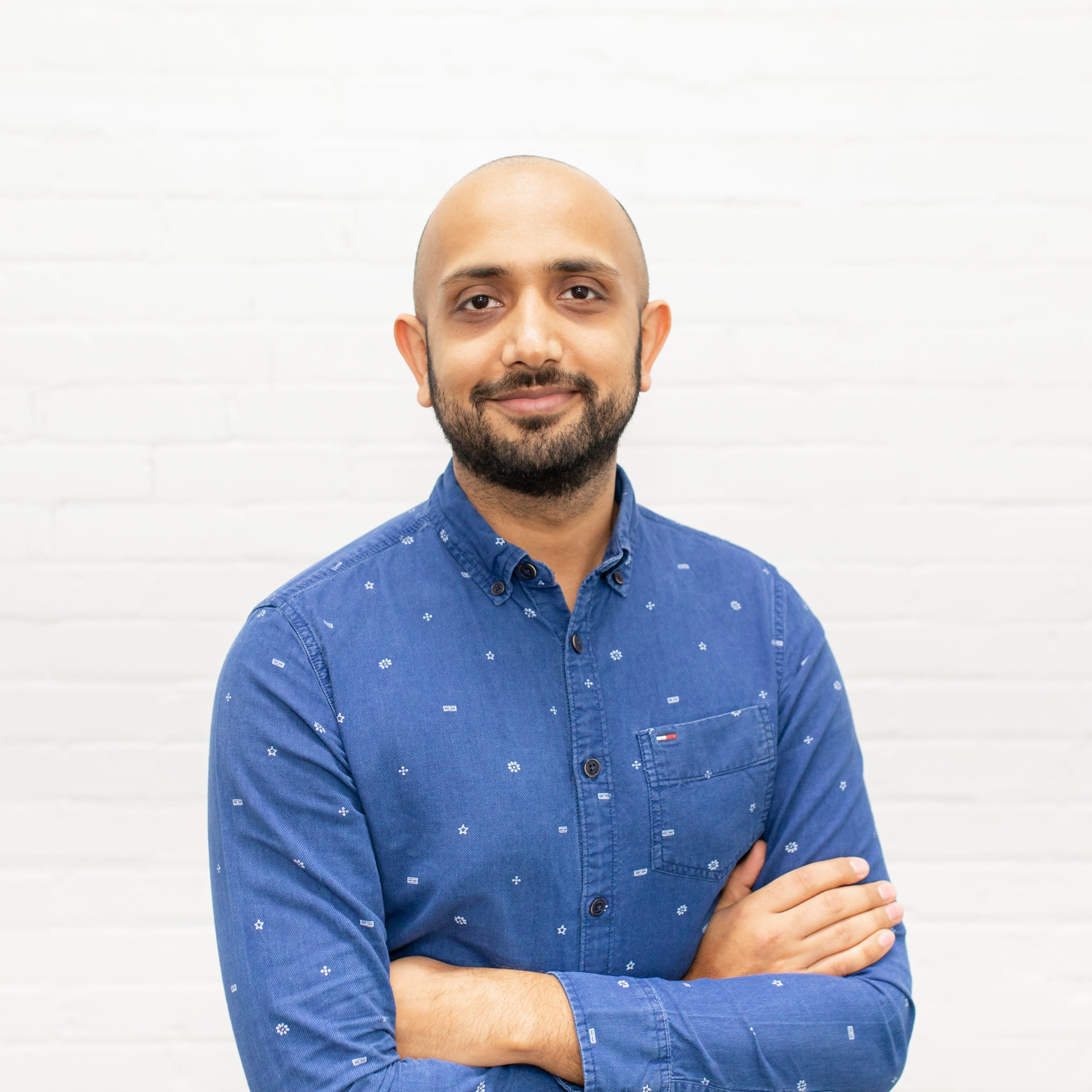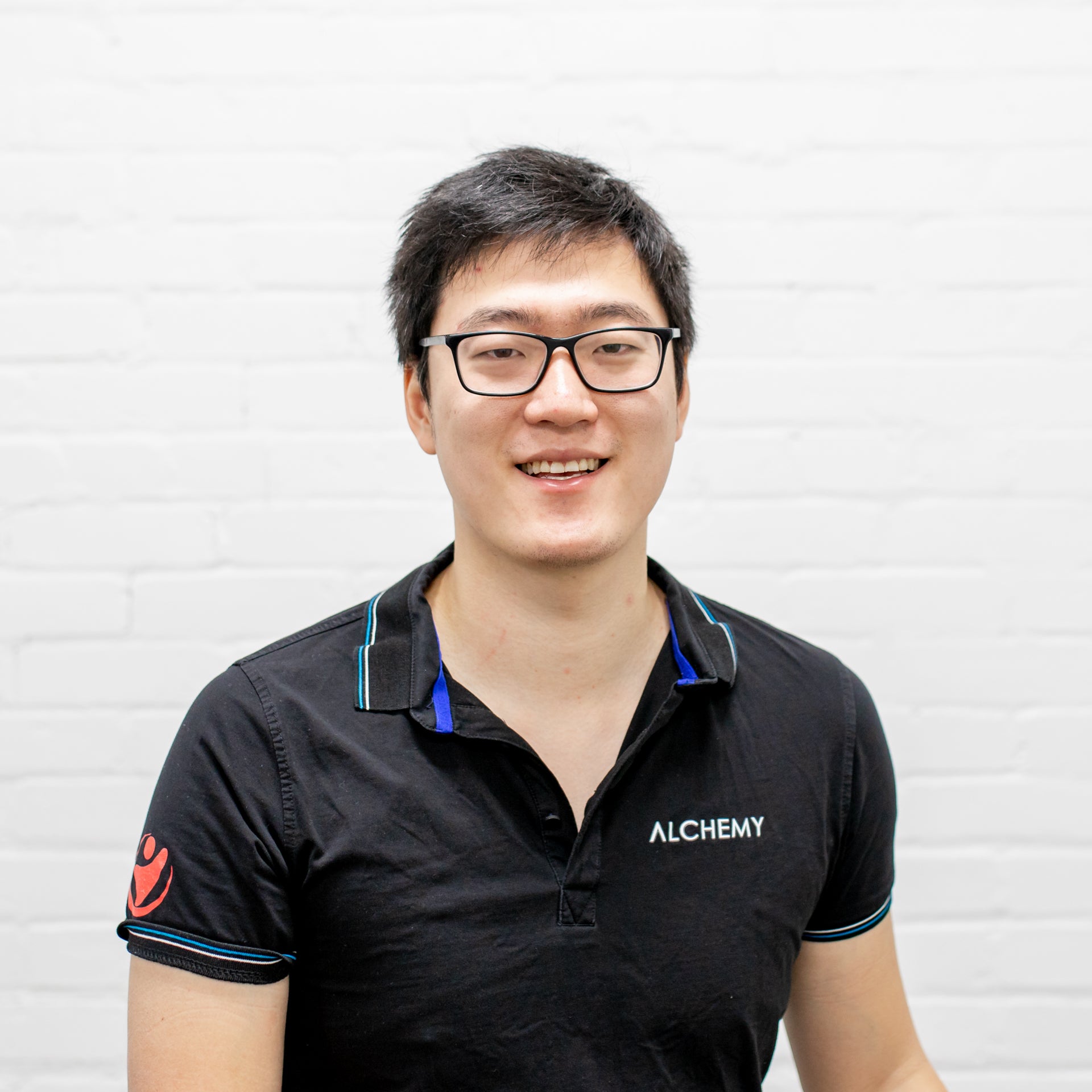
Waterloo startup Alchemy finds success and support
ExoShield film uses nanotechnology to create market-changing windshield protection

ExoShield film uses nanotechnology to create market-changing windshield protection
By Suzanne Bowness Faculty of EngineeringIt’s that moment that every entrepreneur dreams of the realization that you’ve not only created a product that would help solve a genuine problem but that it’s unique in the marketplace. For nanotechnology engineering alums Khanjan Desai (BASc '13) and Chong Shen (BASc '13), that inkling happened in their fourth-year capstone course, as they were tackling the challenge of keeping windshields frost-free.

Khanjan Desai (BASc '13)

Chong Shen (BASc '13)
The University of Waterloo has been intertwined with the Alchemy journey all the way. After the capstone provided the opportunity to start the product, the students got funding and then space through the Velocity incubator’s Demo Day pitch event, which allowed them to buy materials to continue development. Their department also provided access to an unused lab. As their company began to take off, they were awarded even more funding from the University ($60,000) and applied successfully to the renowned Y Combinator business accelerator in California, which allowed them to make even more connections, demonstrate their credibility and access funding to the tune of $1.8 million. In 2018, the team made the finals of the Sci Innovation Competition in Toronto and brought the product to the Second China (Shenzhen) Innovation & Entrepreneurship International Competition.
If this is making the company’s ride to success seem smooth, rest assured that it had the usual entrepreneurial bumps, and in fact a complete pivot. When the team tackled the frost problem using a spray, they realized it came off the windshields too easily and had to be reapplied daily. A windshield washer fluid had similar problems. Finally, they hit on an anti-scratch film (like a screen protector for a smartphone). At the same time, they realized they could solve a new, even bigger problem: a film to make windshields stronger full stop, since driver-assist technology now embedded in vehicle windshields means that today it costs several times what it did a few years ago for replacement. That led to their pivot, developing an ExoShield that makes a windshield six times more durable, and the product to take off as an add-on at car dealerships and autobody shops. Today they are working on the next version of the ExoShield, and have already expanded their line into specific products for both the Jeep Wrangler and Ford Bronco (Google “cracked windshield club” to see why).
Another exciting next step for Alchemy is a partnership with the Canadian Armed Forces to develop a film for uniforms and shields that will help to evade enemy drone surveillance. “A lot of the sensor technologies now that are now being used extend into imaging in the mid-wave and a long-wave part of the infrared spectrum. We have developed a coating that embeds into the fabric and augments the existing camouflage technologies so that soldiers can blend into the surroundings and avoid detection,” Desai explains.
As one of the first nanotechnology startups to emerge from Waterloo, Desai says he is grateful that Alchemy has had the support of the nanotechnology department (only a few years old at the time he started undergrad) and then Velocity. Now he and Shen try to give back, hiring co-op students from the University most terms, providing advice to other Waterloo startups, and even hiring PhD students via a Mitacs grant to work on their defence project.
“Our team continues to have a really good relationship with the University of Waterloo,” Desai says. “I like to give back, when possible, to Velocity. Our team continues to use their scientific facilities and analytical equipment, so we continue to have a close relationship over there as well. And Waterloo continues to be the university that we hire from the most.”

Read more
How Doug Kavanagh’s software engineering degree laid the foundation for a thriving career in patient care

Read more
Upside Robotics secures new funding to accelerate the future of sustainable farming

Read more
Redefining capstone learning by bringing students, faculty and community partners together to tackle real-world challenges
The University of Waterloo acknowledges that much of our work takes place on the traditional territory of the Neutral, Anishinaabeg, and Haudenosaunee peoples. Our main campus is situated on the Haldimand Tract, the land granted to the Six Nations that includes six miles on each side of the Grand River. Our active work toward reconciliation takes place across our campuses through research, learning, teaching, and community building, and is co-ordinated within the Office of Indigenous Relations.